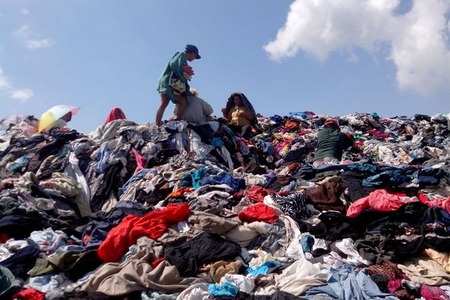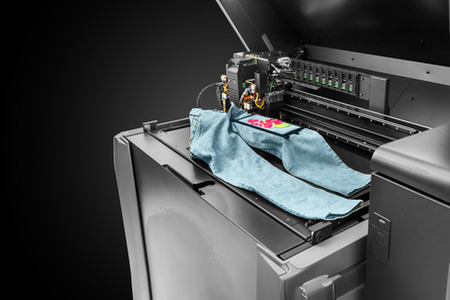Vedant Fashion brings traditional Indian ethnic wear back into fashion
YarnsandFibers News Bureau 2017-03-02 15:00:00 – MumbaiVedant Fashion, that owns ethnic brand Manyavar and mainly thrives on Indian cultural celebration and festivities has quietly overtaken its global peers without preaching what Indians should wear. Indian wear, initially largely restricted to the older age segment, now finds acceptance among younger consumers, who now sell fusion clothing — a mix of modern and traditional wear — instead of just ethnic, which are reserved for special occasions.
It is also now trying to push its clothes as an everyday wear brand instead of just weddings and social functions. Just two months ago, the brand roped in cricketer Virat Kohli as a brand ambassador to appeal to a younger consumer base.
Ruchi Sally, director at retail consultancy Elargir Solutions said that with customer moving to online and customization, traditional high value products have not seen much growth in online. Also, traditional ethnic wear is not based on fashion forecast and the style could go out of style, a huge challenge for inventory management.
Ethnic wear, still mostly fed by the unorganised segment, has demonstrated steady growth over the past few years. In fact, leading department chain formats such as Shoppers Stop, Lifestyle and Westside are also increasing the width of the private label offering and offer contemporary styling in the ethnic space, fuelling growth.
Vedant Fashions has posted a net profit higher than Zara, which until last year was the most profitable apparel brand in the country. During year ended March 2016, Vedant Fashions posted a 22 percent rise in sales at Rs 504 crore with net profit of Rs 90 crore, according to data sourced from Tofler, a company research platform. In comparison, Inditex TrentBSE 0.41 % that runs Zara stores had sales of Rs 842 crore and net profit of Rs 80 crore. In fact, Vedant Fashion's profit is higher than department store chain Shoppers StopBSE -0.46 % and Tata run Westside.
The company attributes it to a host of factors, from cost efficiency to its strict pricing policy. They never discount their merchandise as they plan inventory better to avoid any stock pile up, said Manyavar's founder Ravi Modi, who opened its first outlet in 1999 in Kolkata but didn't expand at all during the following decade.
The retailer has then been more aggressive, adding nearly two stores every week on average for the past three years, and now has more than 400 doors. Also, Manyavar either donates or destroys unsold stock, adding pressure on the company to keep designs relevant and sell products aggressively.
Market Intelligence
Ask for free sample Report

experience
Customer Base
dedicated team
Countries Served Worldwide









